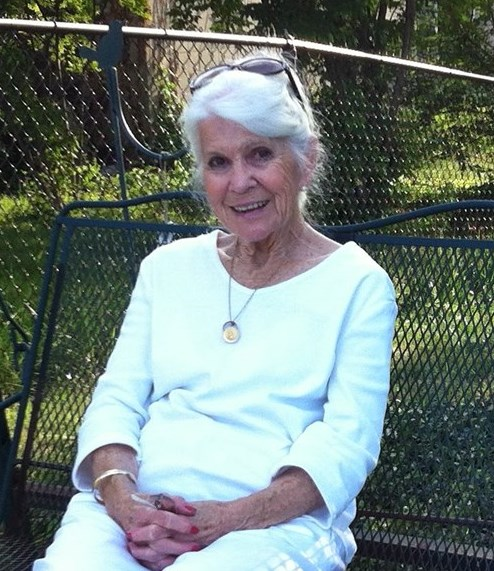Clara Ann Gootee – American Classic
She was a strikingly
beautiful blonde mom then just like I remember her now. She is an American
Classic. Not like a Corvette or Harley – but just as strong and enduring.
They started
their family with not much more than the love in their hearts. So much love
that it lasted the rest of their lives together. And that itself is a testament
to her strength and the power of their love. Clara’s path to forever wasn’t
paved with marshmallows.
With four
little kids in the house and a husband with two jobs she cared for her dying mom
in their home until she died. She cared for a son who passed in the prime of
his life. She cared for two sons and a nephew who suffered but survived from
serious accidents and she cared for a husband who was taken soon after their fiftieth
anniversary. Clara was a care-a.
For the past
few years it’s been our turn to care for Clara. All of us cared, but Beth Ann was
able to care in a way she could only have learned from her mom. Beth Ann leaned
in – just like her mom – because she learned from her mom that you care for
your family without care for your own needs.
Over the
past few months and weeks that care graduated from hospital visits to hospice
visits. Beth Ann would say there would be no happy endings. Like all of us here
know: life ends, usually at a time and place of its choosing, few would say
happily.
The most we
can hope for is a Classic Ending. An American Classic deserves a Classic
Ending. Surrounded by our loved ones, tenderly holding our hands and our heart.
The love grows stronger as the body weakens, as Clara found peace and absence of
pain, in the care of those for whom no sacrifice, no duty, no responsibility was
too great a burden to assure that what comfort we could offer would be given.
A preacher
at Tom’s funeral said those who die in our midst just get there first. We imagine
– we believe – that those who got there first were overjoyed when Clara arrived.
Her mom, Jeff, Bernie and all the others she loved and cared for while she was
here are now together with her forever.
We now look up to Clara from behind. We are the ones comforted by our personal memories of an American Classic who, with the help of her family, had a classic ending.
See published Obituary on Dignity Memorial

